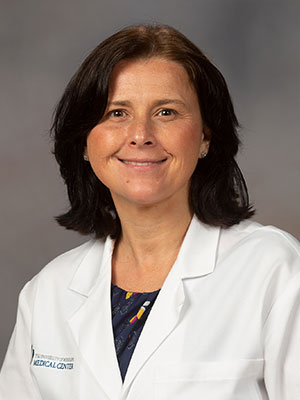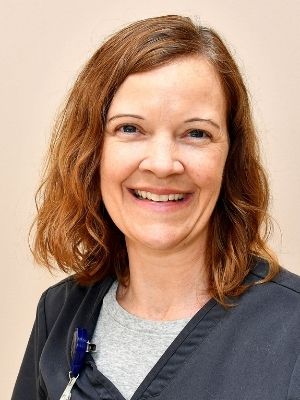
Bernadette Grayson, Ph.D, investigates the impact of obesity on various populations
By: Susan Christensen, Director, Public and Media Relations, Methodist Rehabilitation Center
Long before she landed in a state that routinely ranks among the fattest in the nation, Bernadette Grayson, Ph.D. was already investigating the impact of obesity on various populations.But the neuroscientist at the University of Mississippi Medical Center never expected to study spinal cord injury patients at Methodist Rehabilitation Center.
Credit for the new direction goes to her late colleague, Raymond Grill, Ph.D.
Grill came to UMMC in 2015 to help develop a translational research group focused on neuro-trauma. And he recognized that Grayson’s work might contribute to his quest to improve the quality of life of individuals with neurological injuries.
“He convinced me there was a niche for me,” she said. “There are all these stats that say that people with spinal cord injuries have a higher risk for developing obesity and diabetes, and they develop it quicker than able-bodied counterparts.
“Is it because they don’t get as much physical activity? Or is there a change in their body composition as a result of inactivity where they get deposits of fat within the muscles or around their organs and that accelerates diabetes?”
Grayson discovered a possible clue while studying obese rats with spinal cord injuries. She found the rats had higher levels of GLP1—a metabolic hormone that normally improves the action of insulin. However, their GLP1 appeared less effective.

Methodist Rehabiltation Center
“Our question is whether the human spinal cord injury condition is similar to what we discovered in the rodent model of spinal cord injury,” Grayson said. “Metabolic disease is a huge part of our culture, and I think it deserves attention. We need answers about how quality of life is affected.”
Grayson will work with 51 study participants who will be divided into three groups of 17. There will be a group of able-bodied people, a group of people who have sustained spinal cord injuries in the last two to six months and a group who have had a spinal cord injury for more than two years.
“I’m really about vulnerable populations,” Grayson said. “Can we define what’s bad for them and how we can make it better?”
Jenn Sivak, a research occupational therapist for Methodist Rehabilitation Center, will work to find potential candidates for the study using the research database of patients with traumatic spinal cord injuries, both complete and incomplete.
“We’ve compiled names and information regarding their level of injury, and we’ll winnow down to those who might initially qualify for the study,” Sivak said.
“Once individuals are enrolled, I will be conducting a number of clinical assessments so we have specific data on their most recent level of injury and level of functioning.”
As the study progresses, Sivak said she’ll be a liaison between researchers at UMMC and MRC. “I will also follow individuals over to UMMC to assist with any mobility needs that might occur over there.”
The research team will be assisted by representatives from the Research Services Center of the Mississippi Center for Clinical and Translational Research.
“It’s really the perfect example of a type of collaboration where we exchange ideas, submit joint proposals and conduct research,” said Dr. Dobrivoje Stokic, MRC’s vice president of research and innovation.


